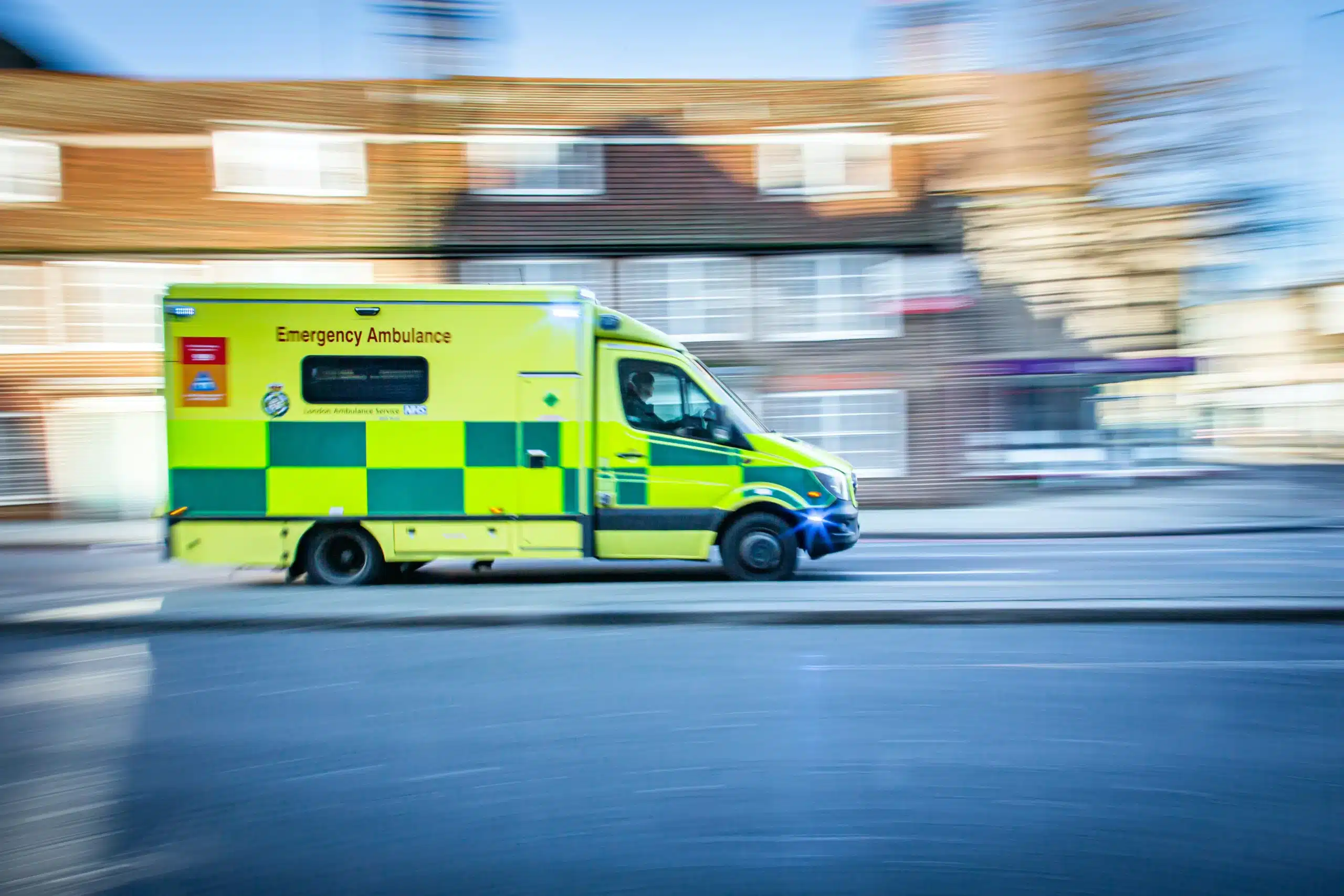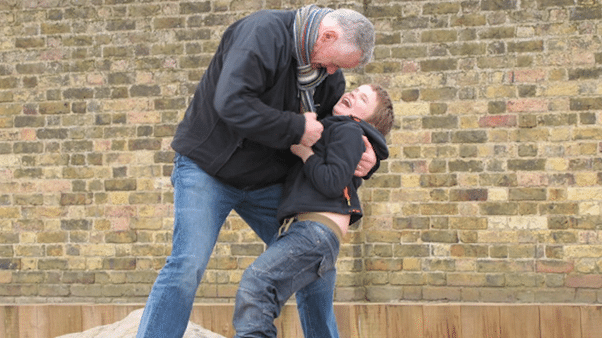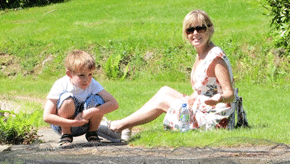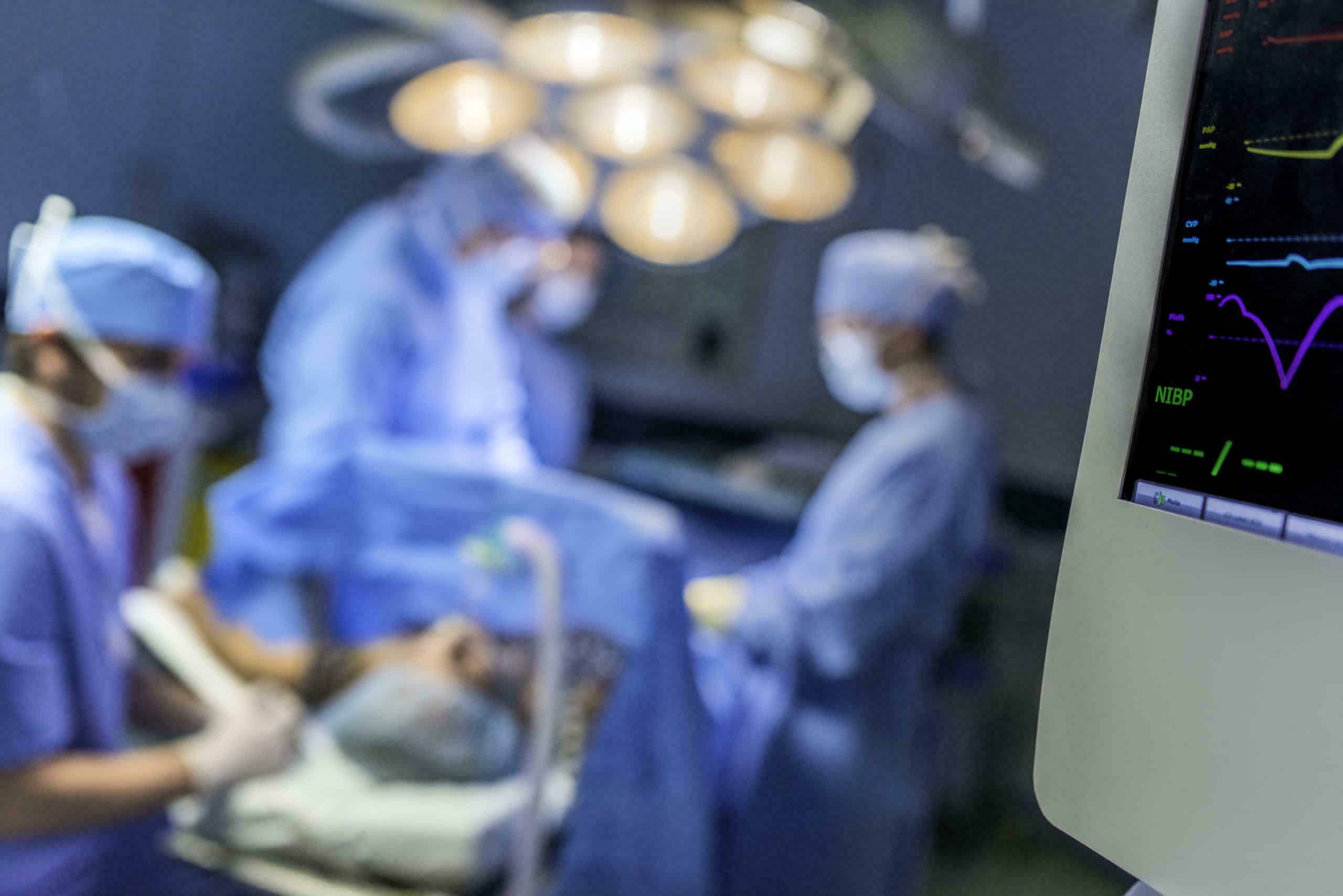
NHS Never Event Information Hub
- No win, no fee
- Not just lawyers - real specialists
- No obligation
- UK's highest-rated medical negligence solicitors
What is a never event?
An NHS Never Event, put simply, is an event that should never have happened whilst a patient was under the care of the NHS. The NHS publishes a detailed report regarding Never Event incidents every year. They do this in order to learn from these events and ensure they do not happen again.
The NHS define a never event as:
“Never Events are serious incidents that are entirely preventable because guidance or safety recommendations providing strong systemic protective barriers are available at a national level, and should have been implemented by all healthcare providers.”
There are four overarching categories of NHS never event. These are:
- Surgical – incidents that occur during or post surgery
- Medication – the administration of the wrong medication
- Mental Health – suicide attempts made possible with unsafe NHS equipment
- General – miscellaneous events like falls or serious burns
Within each of these categories is more detailed criteria that must be met for an incident to be classed as a never event. More specific examples of never events include:
- Wrong site surgery
- Retained foreign objects post surgery
- An overdose of a substance such as insulin
- Giving medication through the wrong route
- Transfusions using the wrong blood type
- Patient entrapment in a bed by their neck or chest
Find out if you
have a claim
Take the 10-second claim test Free advice
03300 080 352 Fill in our
claim form
We're the highest-rated No Win No Fee medical negligence solicitors on Trustpilot
Most common never events
Between the 1st April and the 31st October 2022 there were provisionally 231 accepted reports of never events in the NHS. Of these, 103 events were linked to wrong site surgery, making this the most common type of NHS never event. The highest number of never events occurred in April 2022 and the least in September 2022.
In comparison the figures for 2021 showed there were 407 never events recorded, with 51 of these happening in October 2021. Again, the most common type of never event was wrong site surgery, with 171 incidences in the period from 1 April 2021 to 31 March 2022.
It’s important to note that in 2018, the NHS changed the framework and redefined some of the criteria around certain never events. This means that it isn’t possible to accurately compare figures from more recent years with anything prior to 2018, as it would not be a like-for-like comparison.
NHS Trusts with the most never events
As part of the provisional report, the NHS lists the various trusts across the whole of the UK and the number of never events that occurred in each trust. The figures show that Manchester University NHS Foundation Trust has the highest rate of never events, with 7 reported incidents from April 1st 2022 to October 31st 2022.
The previous year’s report also showed that Manchester University NHS Foundation Trust had the highest number of never events, with a total of 11. The size of the trust and the area served can be taken into account as those cities with a higher population may have a higher number of occurrences. Yet regardless of this, a never event should never happen and improvements must be made.
Reducing never events/action against never events
The NHS states that:
“We continue to encourage NHS staff to report Never Events and Serious Incidents to StEIS and all patient safety incidents to the NRLS, to help us identify any risks so that necessary action can be taken.”
As part of this continued action, the NHS has implemented several strategies to help tackle patient safety and reduce never events. In 2018 they undertook a project titled ‘Opening The Door To Change’. This report examined the reasons never events happen, the challenges trusts face and what can be done to limit incidences.
Following on from this, in 2019, the NHS Patient Safety Strategy was launched. This strategy focuses on eight key areas for the NHS to more thoroughly investigate in order to maximise patient safety standards. These eight areas are:
- Reducing inequalities in healthcare safety
- Improving patient safety intelligence and understanding patient safety challenges
- Improving organisational patient safety culture and practice
- Patient safety behaviours
- Effective patient safety practices
- Patient safety impacts of alternative service delivery models
- Ergonomics, design and human factors
- Clinical risk scores (validation, implementation and outcomes)
The strategy also involves work with several NHS partners who come together to delve into all of the above areas and move forwards with comprehensive ways to keep patients safe and stop never events from happening.
Compensation for NHS never events
An NHS never event is an extremely serious incident. To make a claim for an NHS never event you should contact a specialist medical negligence solicitor who has the skills and experience to help you.
Patient Claim Line has supported clients across the UK following an NHS never event, including our client who received a six figure settlement following a hospital fall. Compensation figures for never events will vary, but due to the seriousness of these events and the resulting impact, the amount patients receive is typically high.
If you or a loved one has suffered an NHS never event, Patient Claim Line has over 100 specialist solicitors in the UK ready to help you. Contact us for a free no obligation chat about your nhs never event and, if you decide to go ahead, you can do so with our no win no fee agreement.
Meet our medical negligence team
Peter Rigby
Director of Medical Negligence
Christian Beadell
Partner, Head of Strategy and Legal Operations
Francesca Paul
Associate Solicitor
Sion Wynne
Senior Solicitor
Case Study
Vincent's Story
"He's always there for us"
At the age of 2 we noticed our son Vincent had trouble with his hearing. We had this testing over a number of years and were repeatedly told there was nothing wrong.
Initially we thought this was a speech and language problem, this wasn't the case. It took 4 to 5 years of assessments, with the constant response that there was nothing wrong with his hearing. A different test was them carried on Vincent overnight where it was found he was profoundly deaf.


After years of frustration we were finally able to provide Vincent with the support he required and received an implant. This has enable Vincent to be able to hear. The support from our solicitors has enabled to to gain access to specialist which have supported Vincent in closing the gap in his speech he lost out on to his peers.







